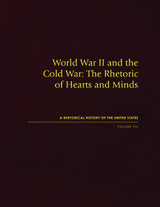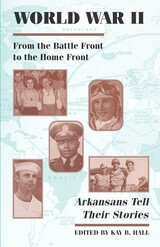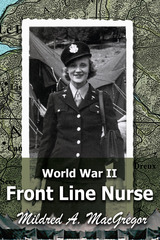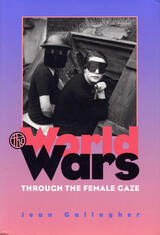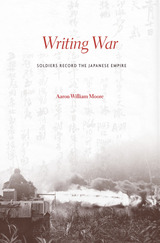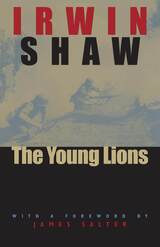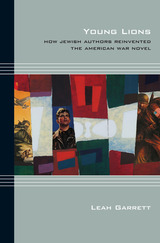Unruly Comparison: Queerness, Hong Kong, and the Sinophone
Duke University Press, 2025
eISBN: 978-1-4780-6088-8 | Cloth: 978-1-4780-2867-3
See other books on: Asian Studies | Hong Kong | LGBTQ+ Studies | Queerness | Wong, Alvin K.
See other titles from Duke University Press
eISBN: 978-1-4780-6088-8 | Cloth: 978-1-4780-2867-3
ABOUT THIS BOOK | AUTHOR BIOGRAPHY | REVIEWS | TOC
ABOUT THIS BOOK
In Unruly Comparison, Alvin K. Wong examines queerness in Hong Kong through a transdisciplinary analysis of Sinophone literature, cinema, visual culture, and civil society. Moving beyond Eurocentrism in queer theory and China-centrism in area studies, Wong frames Hong Kong as a model for global comparison by theorizing a method of unruly comparison—acknowledging the incommensurability of cultural texts and queer figures across different temporal and spatial locations. Here, unruly comparison positions Hong Kong as an undefinable time-space that troubles historicist, colonial, and China-centric renderings of the city as merely a site of British colonial legacy, Chinese rule, or global capital. Wong analyzes queer interracial desire in WWII; a cinema of gay male cosmopolitanism; queer intimacy among migrant workers; trans visuality and legality; cross-border sex work; and the queer diaspora of Hong Kong after the 2019 protest. Through Wong’s readings, Hong Kong becomes a queer region of racial, gender, and sexual incommensurability. By foregrounding the friction, asymmetry, and perverse juxtapositions of unruly comparison of Hong Kong with the Sinophone world, Wong reframes key debates in queer theory and East Asian studies.
See other books on: Asian Studies | Hong Kong | LGBTQ+ Studies | Queerness | Wong, Alvin K.
See other titles from Duke University Press

